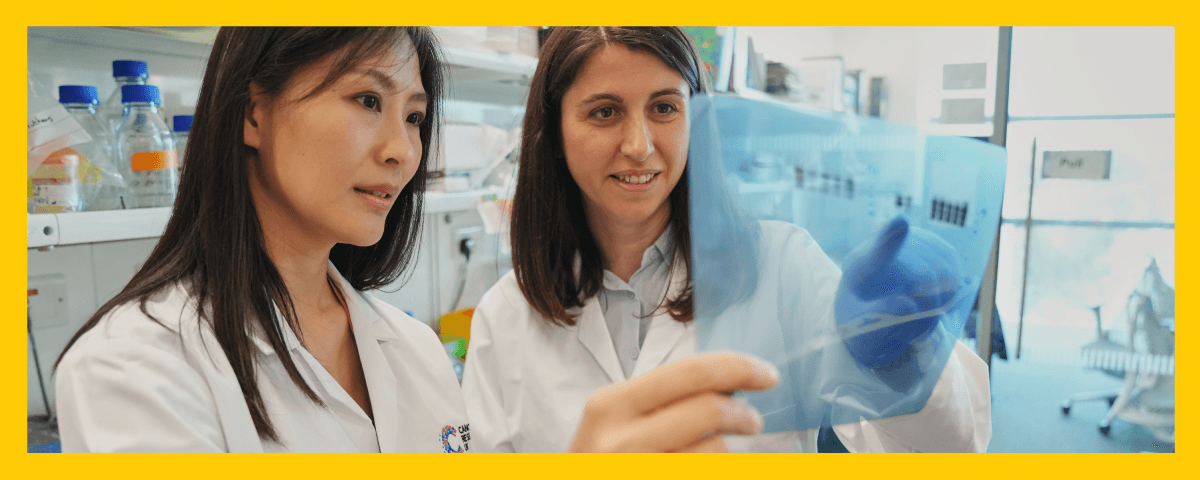
We're the biggest funder of research into children's and young people's cancers in the UK.
We fund a wide portfolio of research programmes and clinical trials and support community of over 1,000 scientists, doctors and nurses across the UK and internationally to unlock discoveries about children's and young people's cancers and translate these into new and better ways to diagnose and treat them.
And it's working. Step by step, day by day, our work means that more children and young people with cancer live better lives through more effective and less toxic treatments.
Visit our latest news page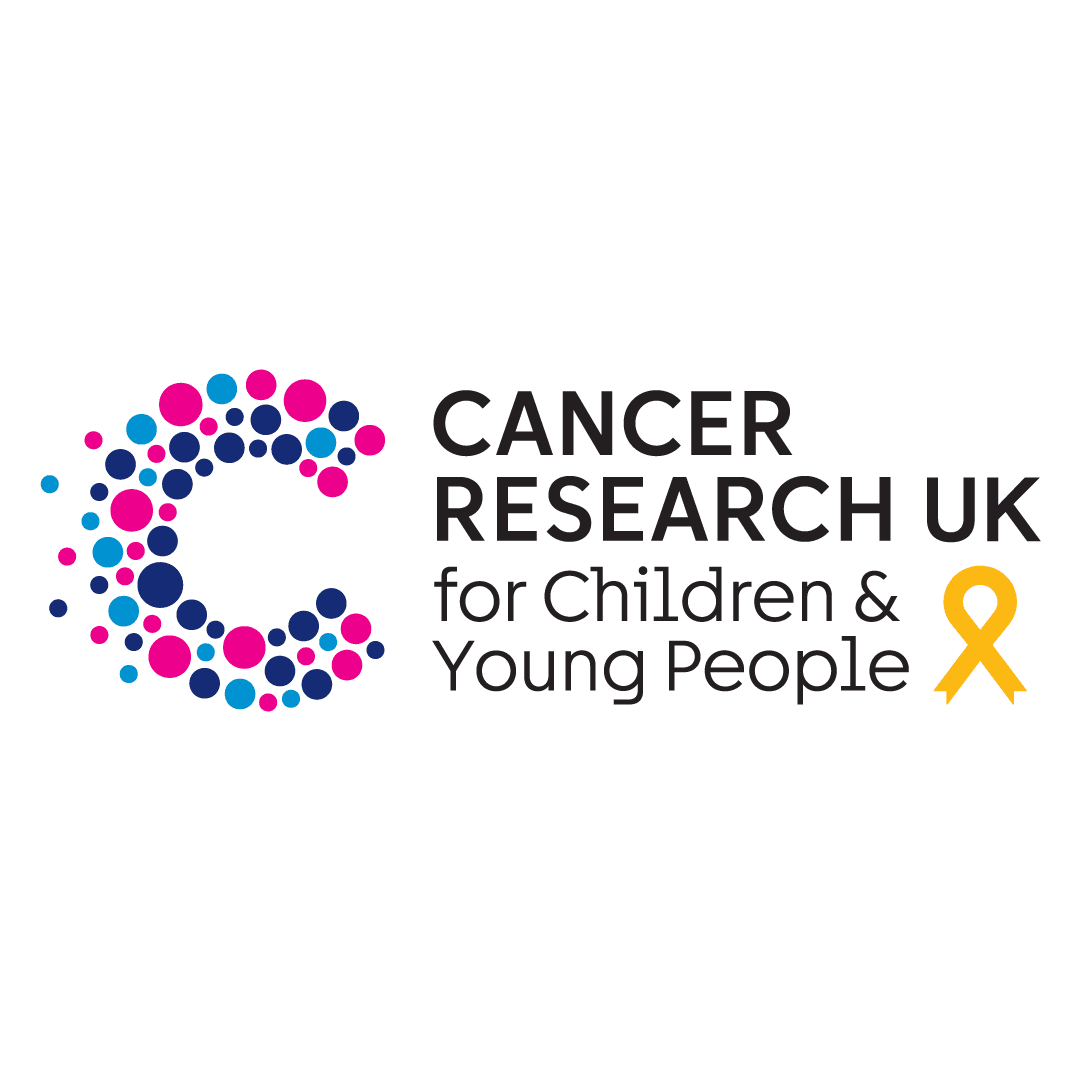
In the last 50 years, around 34,500 children and young people with cancer in the UK have survived into adulthood thanks in part to our work.* Today, more than 9 in 10 children and young people who receive cancer drugs on the NHS receive a drug linked to our work.
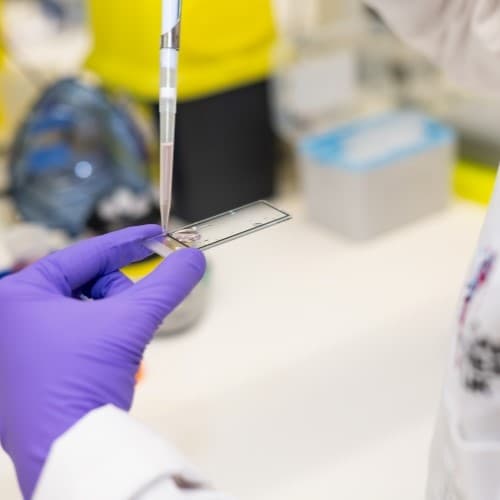
We're co-funding a £5.5m research programme with Children with Cancer UK to advance precision medicine for children and young people with cancer.
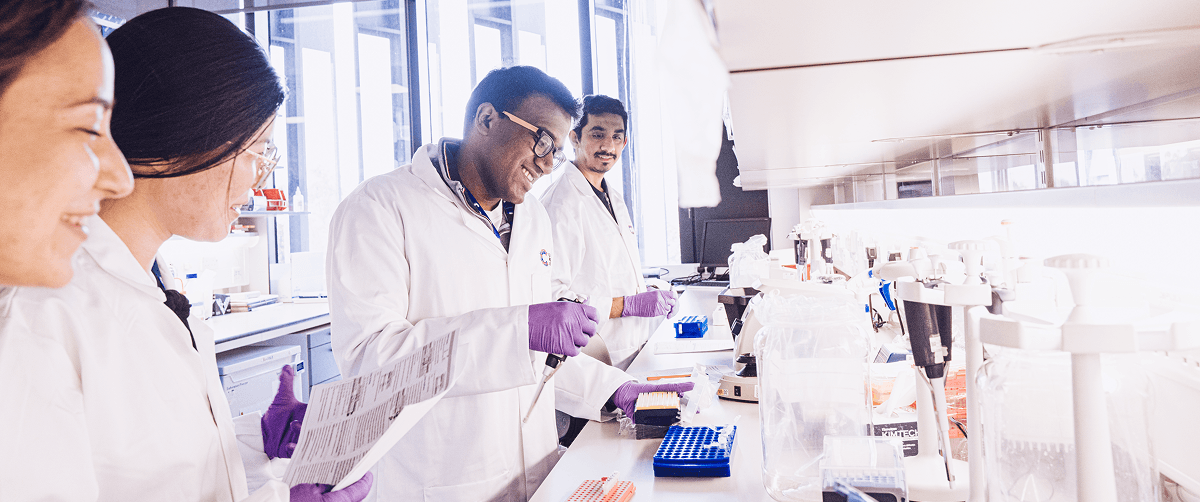
We fund a virtual centre that brings together international experts in children’s brain tumour research to transform the way treatments for these tumours are developed. Learn more about the centre
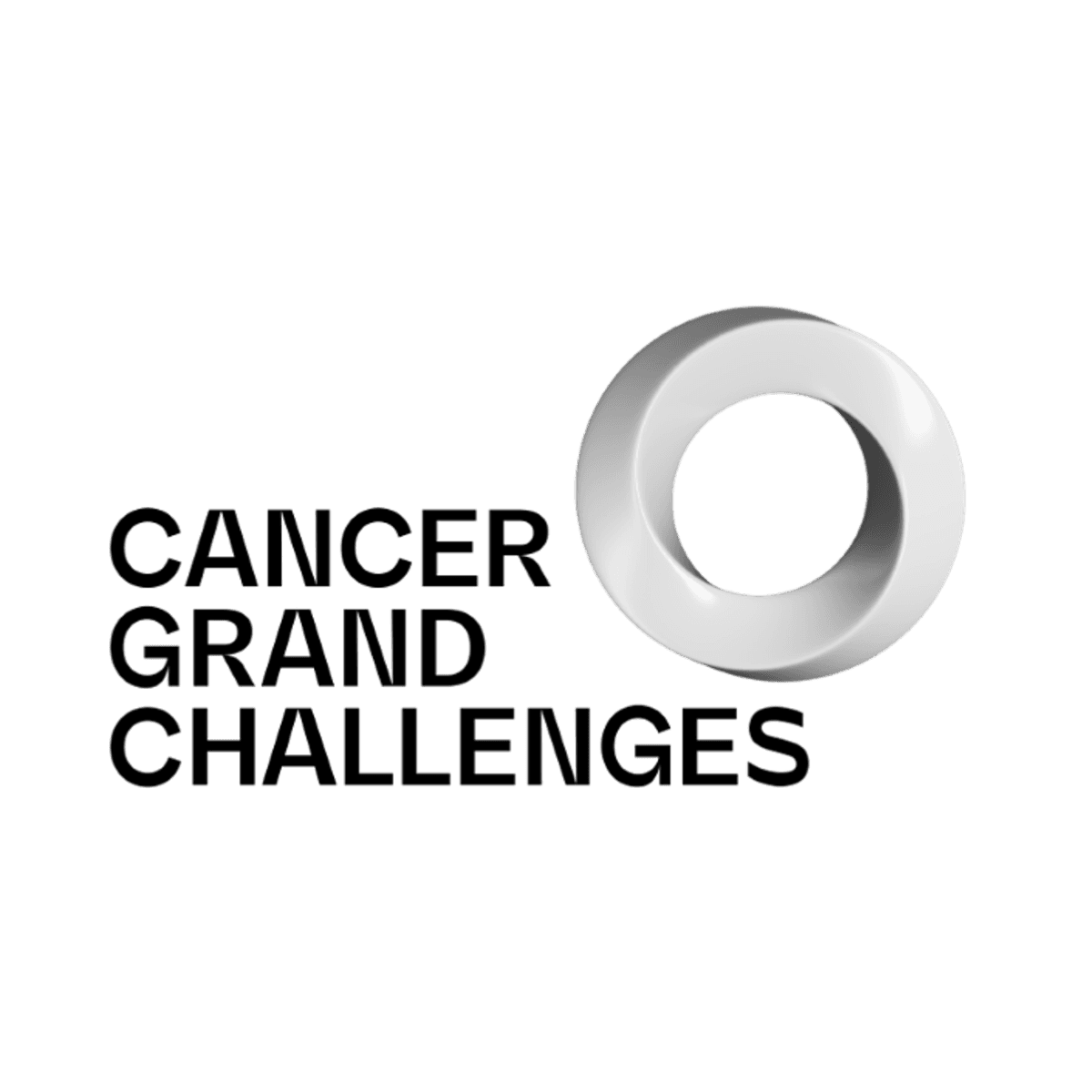
We co-fund three £20m Cancer Grand Challenges teams, NexTGen, KOODAC, and PROTECT, who are discovering new ways to treat solid tumours in children and young people.

Together with LifeArc, we’ve launched a pioneering international initiative dedicated to developing new medicines exclusively for children’s and young people’s cancers.
We've funded many of the world's most successful trials of children's cancer treatments and are the only UK charity that funds a dedicated clinical trials unit for children's cancers.
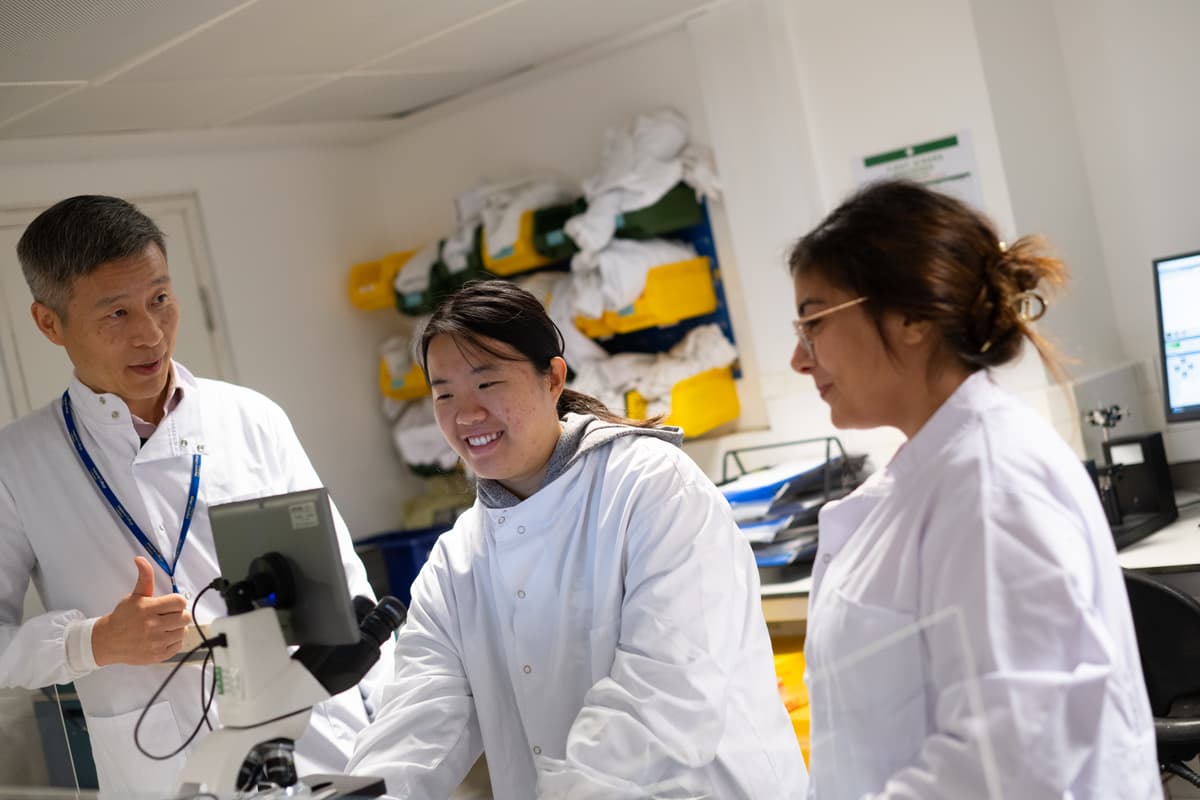
Read about our priorities to drive progress in children’s and young people’s cancer research. And explore our current funding schemes across all cancer types open to researchers working in this field.

Cancer Research UK for Children & Young People is the part of Cancer Research UK dedicated to supporting research into cancers affecting 0-24-year-olds. Learn more about our world-leading research and ways to get involved.